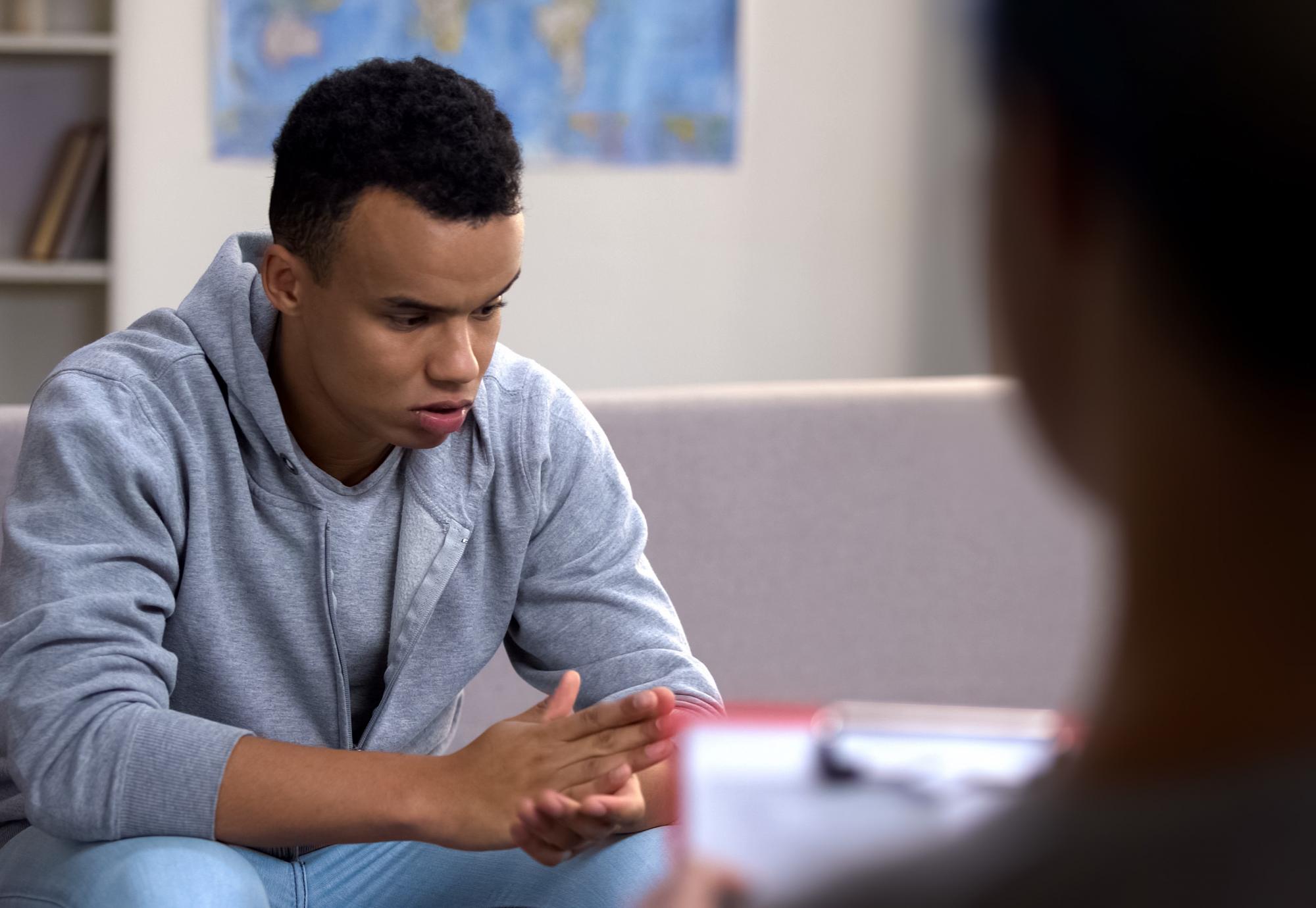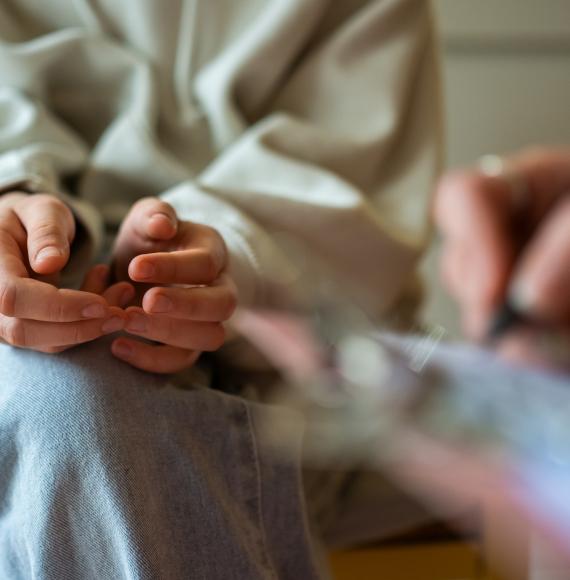One in six children and young people had a probable mental health disorder in July during the first wave of coronavirus, compared to just one in nine back in 2017, according to new data produced by NHS Digital demonstrating a sharp rise in mental health problems among children and young people during the pandemic.
In response, England’s top children and young people’s mental health doctor encouraging people to seek help and support should they need it.
According to Professor Prathiba Chitsabesan, NHS England Associate National Clinical Director for Children and Young People’s Mental Health, the rise in mental health problems among this young group is entirely understandable, given concerns and anxieties they may be having due to the significant impact and upheaval the pandemic has caused.
The NHS has stressed the importance that any child, young person or those who care for them should feel reassured to seek help, with access to a wide range of sources of help available for anyone concerned with their mental health.
It also encouraged families to seek support, especially if symptoms are persistent and impacting on everyday life.
Professor Chitsabesan said: “As the whole country continues to find ways to live with the pandemic, many children and young people will be experiencing a range of feelings including anxiety, sadness and loneliness which are understandable responses to such an uncertain and stressful situation.
“Simple steps like getting enough sleep, talking to friends or family and ensuring your child has a simple routine can make a huge positive difference.
“And the NHS, children’s services, schools, colleges and the voluntary sector are working together to provide a range of support including 24/7 crisis support lines, face to face, telephone or digital appointments and support in schools so issues can be identified and help offered sooner.”
Professor Chitsabesan previously issued a list of signs parents and carers should keep watch for, as well as where they can access help.
The signs to look out for include:
- You might find they are more upset or find it hard to manage their emotions
- They may appear anxious or distressed
- Increasing trouble with sleeping and eating
- Appearing low in mood, withdrawn or tearful
- Reporting worried or negative thoughts about themselves or their future
- For younger children, there may be more regressed behaviour such as bed wetting or separation anxiety
Should a parent, guardian or carer be worried about the mental health of a child or young person, some key steps to help outlined by Professor Chitsabesan are:
- Making time to talk to your child
- Allow your child to talk about their feelings
- Try to understand their problems and provide reassurance that you have heard them and are there to help
- Help your child do positive activities including exercise
- Try to keep a routine over the next few months
- Look after your own mental health
The NHS also operates urgent mental health helplines offering 24-hour advice and support, or an assessment to help decide on the best course of care.



















